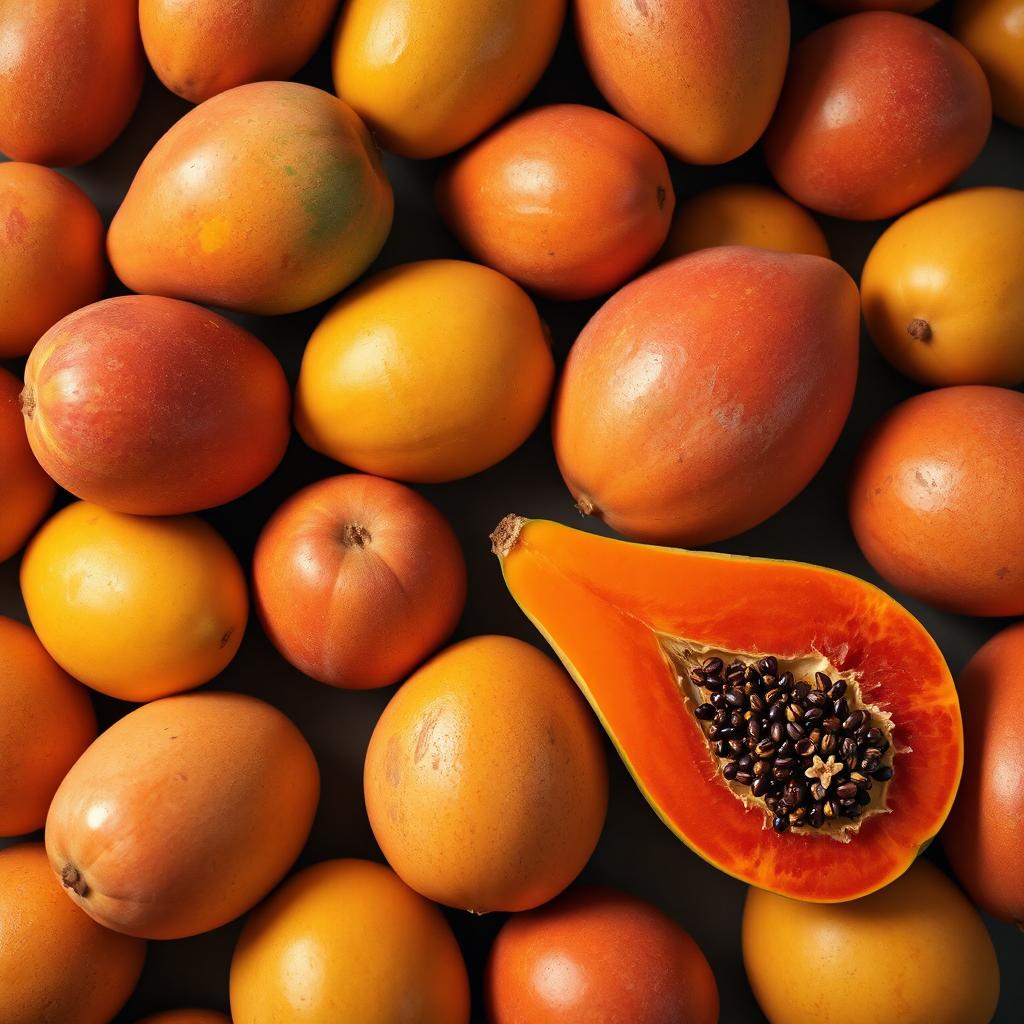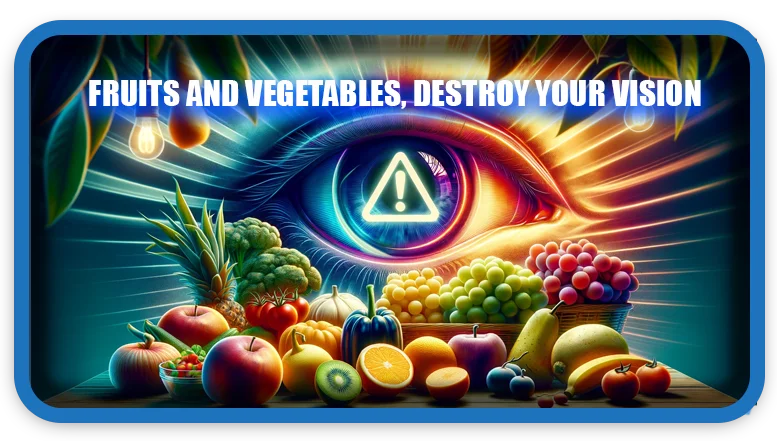⏲️ Estimated reading time: 2 min
Vegetables and Fruits That Can Harm Your Vision if Consumed in Excess. While fruits and vegetables are essential for good health, overconsumption of certain ones can lead to vision problems or even blindness. Learn which common foods can negatively impact your eyesight when eaten in excessive amounts.
Can Eating Too Many Fruits or Vegetables Affect Your Vision?
A balanced diet rich in vegetables and fruits is vital for eye health, but consuming excessive amounts of certain ones can lead to nutrient imbalances or even toxicity, potentially affecting vision. Below are some examples of produce that can be harmful in large quantities.
1. Carrots & Vitamin A-Rich Vegetables
Carrots, sweet potatoes, and pumpkins are high in beta-carotene, which the body converts into vitamin A. While vitamin A is crucial for vision, too much of it can cause hypervitaminosis A, leading to blurred vision, dizziness, and even blindness in extreme cases. However, toxicity is more common from supplements than food sources.
2. Spinach, Kale, and High-Oxalate Greens
Leafy greens like spinach and kale are packed with nutrients, but excessive consumption can lead to high oxalate levels, which may contribute to crystal formation in the eyes, potentially affecting vision. Oxalates are also linked to kidney stones, further impacting overall health.
3. Citrus Fruits and Excess Vitamin C
Oranges, lemons, and other citrus fruits are excellent sources of vitamin C, which supports eye health. However, consuming excessive vitamin C (over 2000 mg daily) may increase the risk of cataracts over time. While whole foods are generally safe, excessive supplementation is more likely to cause issues.
4. Mangoes and Papayas: Too Much Vitamin A

Like carrots, mangoes and papayas are rich in vitamin A. While beneficial in moderation, excessive intake may cause symptoms of vitamin A toxicity, such as dizziness, nausea, and blurred vision, which could potentially lead to long-term damage.
5. Rhubarb and Excessive Oxalates
Rhubarb contains oxalates, which in extreme cases can lead to oxalate toxicity, potentially causing eye irritation and vision disturbances. Severe toxicity is rare but possible with excessive intake.
Final Thoughts: Balance is Key
While fruits and vegetables are crucial for good health, consuming them in extreme excess especially those high in vitamin A or oxalates can negatively impact vision. The key is moderation and variety in your diet to maintain eye health without risks.
Tags: #visionhealth, #eyecare, #nutritiontips, #vitaminAtoxicity, #oxalates, #fruitandvegetablerisks, #eyedamage, #foodsafety, #healthyeating, #blindnessprevention
Only logged-in users can submit reports.
Discover more from HelpZone
Subscribe to get the latest posts sent to your email.

